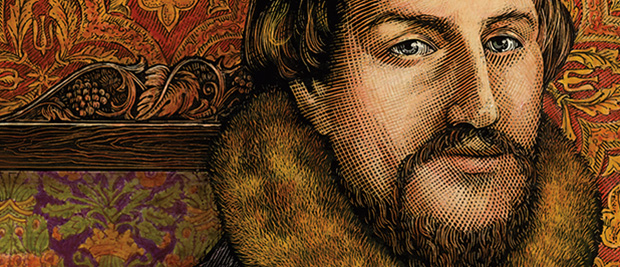John Calvin (1509–1564) is easily the most important Protestant
theologian of all time and remains one of the truly great men who have
lived. A world-class theologian, a renowned teacher, an ecclesiastical
statesman, and a valiant Reformer, Calvin is seen by many as the
greatest influence on the church since the first century. Apart from the
biblical authors themselves, Calvin stands as the most influential
minister of the Word the world has ever seen. Philip Melanchthon revered
him as the most able interpreter of Scripture in the church, and
therefore labeled him simply “the theologian” (J. H. Merle d’Aubigné, History of the Reformation in Europe in the Time of Calvin, Vol. 7 [1880;
repr., Harrisonburg, Va.: Sprinkle, 2000], 82). And Charles Spurgeon
said that Calvin “propounded truth more clearly than any other man that
ever breathed, knew more of Scripture, and explained it more clearly” (C. H. Spurgeon, “Laus Deo,” The Metropolitan Tabernacle Pulpit: Sermons Preached by C. H. Spurgeon, Vol. 10 [Pasadena, Texas: Pilgrim, 1976], 310).
Calvin was born on July 10, 1509, to Gerard and Jeanne Cauvin in the
French cathedral city of Noyon, some sixty miles north of Paris. Gerard
was a notary, or financial administrator, for the Roman Catholic bishop
of the Noyon diocese and, thus, a member of the professional class. At
age fourteen, John entered the leading educational institution of
Europe, the University of Paris, to study theology in preparation for
the priesthood. There, he was immersed in the principles of the
Renaissance, humanism, and scholarship. A serious and remarkably learned
young man, he graduated with a master’s degree (1528). Keep Reading >>>

No comments:
Post a Comment